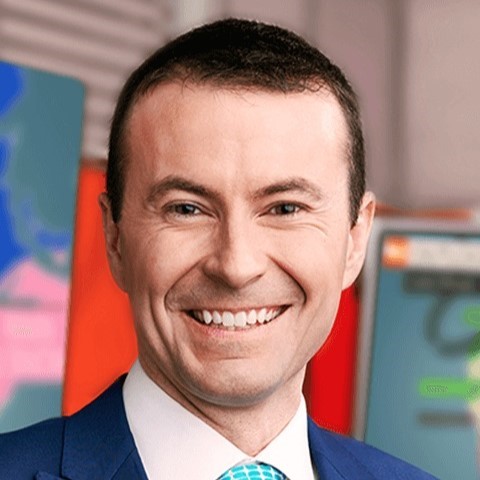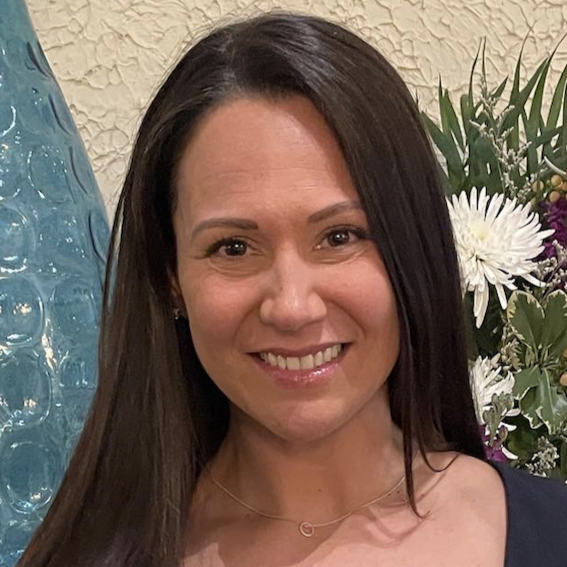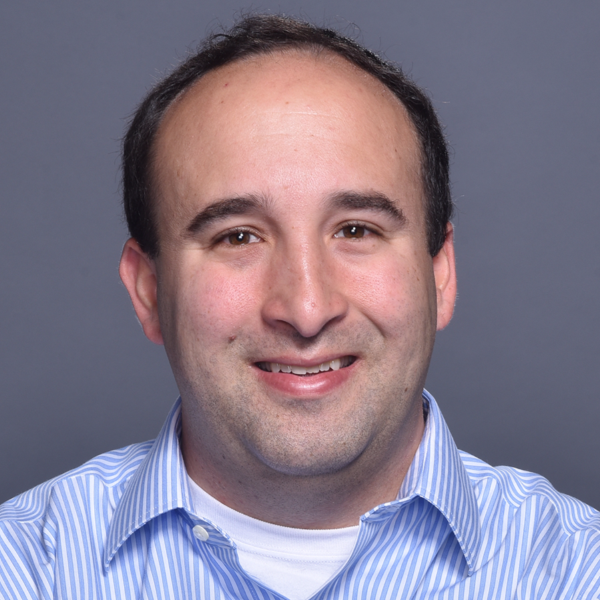Science Communication in Today's Media Landscape
29 February, 2024 | 1:15-2:15pm ET
In this fast-paced world of continuous weather information, how do media companies choose what stories make it and what’s left out? Is there a media bias towards certain U.S. geographic locations? How do we keep the public from losing trust in their news sources if some media outlets cross the line in over-hyping weather events? We’ll talk with three experts in weather journalism about how science communicators can reach the public effectively with trustworthy information.
Speakers
 Geoff Cornish
Geoff Cornish
Over the past 20 years, Geoff Cornish has worked in various roles in weather communications and forecasting. He is the Assistant Chief Video Meteorologist for the AccuWeather Network, where he has worked since 2017. Geoff graduated from Penn State University with a B.S. in Meteorology and upon graduation worked with Penn State’s Weather Communications Group as a New York Times forecaster. Geoff worked in local television for eleven years in Joplin, MO, Lexington, KY, Toledo, OH and Erie, PA. Geoff is also a volunteer firefighter with the Alpha Fire Company in State College and regularly experiences weather impacts in a different context as a first responder.
 Erica Grow Cei
Erica Grow Cei
Erica Grow Cei is a Certified Broadcast Meteorologist and science communication specialist. Her career as a broadcast meteorologist took her to WNBC in New York City, WUSA in Washington DC, and WPVI in Philadelphia. Now, Erica works behind the scenes as a Public Relations Specialist for NOAA’s National Weather Service. Before joining NOAA, she was the Broadcaster Manager for the AccuWeather Network.
Erica is very active with the American Meteorological Society. She is the AMS’s Commissioner on Professional Affairs, overseeing all of AMS’s Certification Programs and other professional development committees for the Society. She also served on the AMS Council from 2019-2022, and has served as a panelist, moderator, or presenter at more than a dozen AMS conferences and symposia. In 2019, Erica was a delegate to the World Meteorological Organization’s World Congress (Cg-18), and her work with the WMO continues today.
Erica received the Certified Broadcast Meteorologist designation in 2012. She has a Bachelor of Science degree in Meteorology from Penn State University, and she was named a 125th Anniversary Fellow of her Alma Mater’s College of Earth and Mineral Sciences in 2021.
 Jason Samenow
Jason Samenow
As the Washington Post’s weather editor, Jason Samenow is responsible for coverage of extreme weather and related topics both for the D.C. area and around the globe. A weather enthusiast since he was 10 years old, he earned a degree in environmental science at the University of Virginia, focusing in atmospheric science. He went on to earn a master’s degree in atmospheric science at the University of Wisconsin-Madison in 2000. From 2000 to September 2010, he worked as a climate change analyst for the federal government, monitoring, analyzing and communicating the science of climate change. He founded CapitalWeather.com in early 2004, the first professional weather blog on the Internet, which became part of The Post in 2008. Samenow is a past chairman of the D.C. Chapter of the American Meteorological Society and a Weather and Society Integrated Studies Fellow. He earned the Digital Seal of Approval from the National Weather Association.
Moderator
Marisa Ferger
Marisa Ferger has worked with the Weather Communications Group at Penn State University for two decades, where she produces and forecasts for the show Weather World and teaches courses in weather communications. Hailing from a small coastal town in NY, she credits Hurricane Gloria with fostering her interest in the weather.
